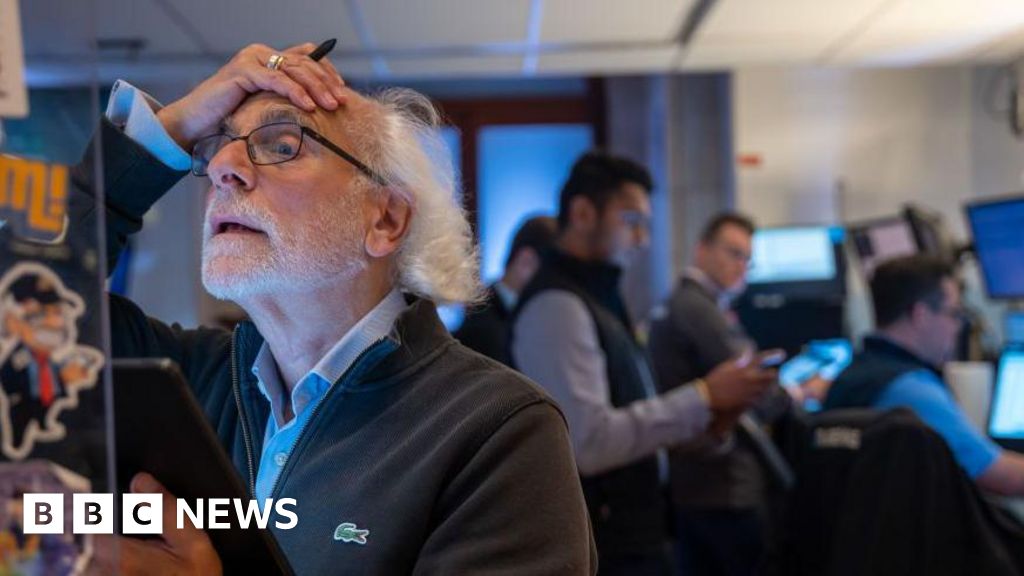Accounting organizations and firms are making plans to attend or contribute research in conjunction with the United Nations COP28 climate change conference in Dubai this week.
The leadership of the International Sustainability Standards Board, including chair Emmanuel Faber and vice chairs Sue Lloyd and Jingdong Hua, intend to hold discussions at the conference, which begins Thursday, on the importance of global action and a common, global understanding of sustainability risks and opportunities. They will be talking about the work the ISSB is undertaking to help jurisdictions with their regulatory roadmaps and capacity-building initiatives for companies and investors as they work to implement the ISSB’s recently unveiled sustainability and climate disclosure standards.
Another group, Accounting for Sustainability, has been holding a three-day A4S Global Summit through Wednesday ahead of COP28, bringing together chairs, CEOs, CFOs and other finance leaders from some of the world’s largest businesses, insurers, pension funds, accounting bodies and investor organizations. A4S was originally founded by King Charles when he was the Prince of Wales.
Picasa/bluraz – Fotolia
“We are already experiencing the devastating impact of a heating planet, with 2023 far exceeding previous temperature records,” said A4S executive chair Jessica Fries in a statement. “There is a duty — and urgency — for all of us to act, redoubling our efforts and leveraging the power of finance and accounting to drive sustainable decisions for the benefit of all.”
Ahead of COP28, Deloitte released a report Tuesday that found achieving net-zero greenhouse gas emissions by 2050 will require an annual global investment in the energy sector ranging from $5 trillion to $7 trillion. However, the world currently invests less than $2 trillion each year on the transition, far short of the financing needed to put the world on course to meet the U.N.’s goals. The report points to the need for governments, financial institutions and investors to jointly develop ways to mitigate risk from green projects by developing low-cost finance solutions to mobilize private investment and help achieve economic growth and climate neutrality, especially in emerging economies.
“Just as we are continually developing solutions and technology to rapidly decarbonize, we must take definitive steps to remove financial barriers in order to accelerate a just energy transition, especially in developing economies,” said Jennifer Steinmann, Deloitte Global Sustainability and Climate practice leader, in a statement. “Decisive and coordinated policy support and hand-in-hand action across the global finance ecosystem are critical to guiding investments toward green projects and supporting the growth of sustainable economies.”
Credit: Source link











